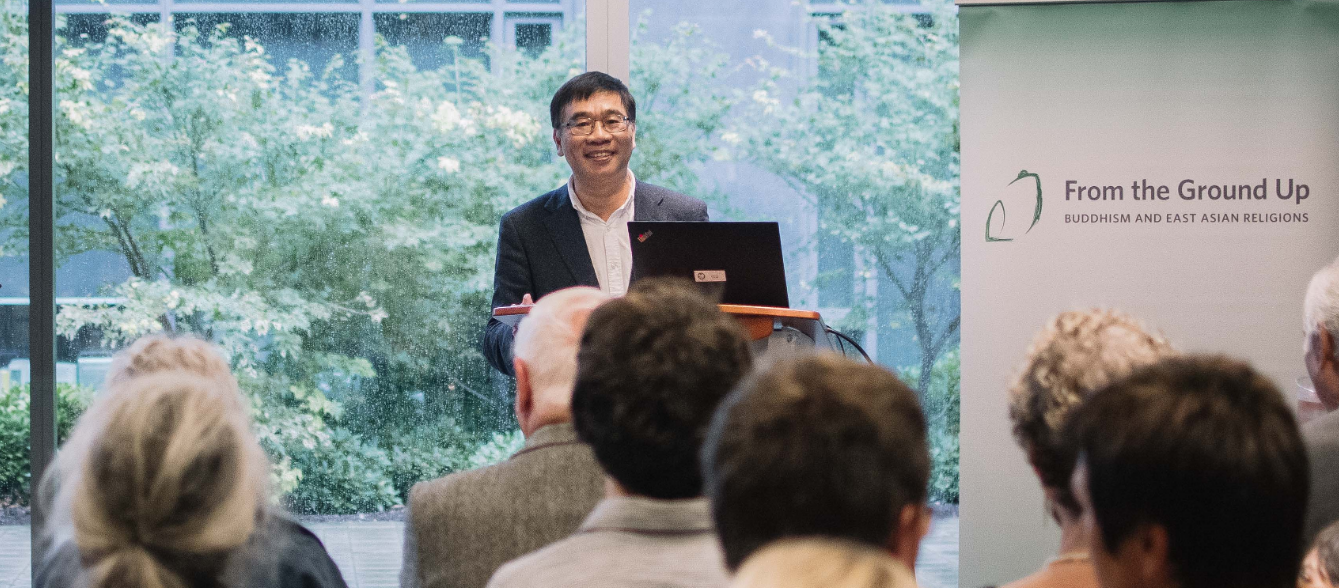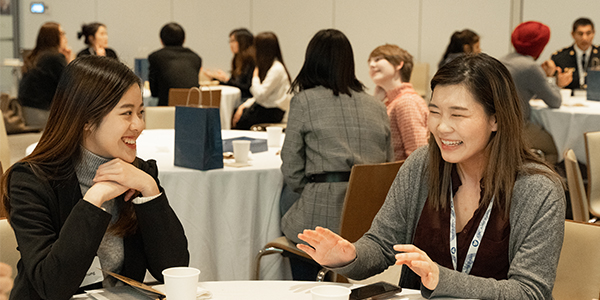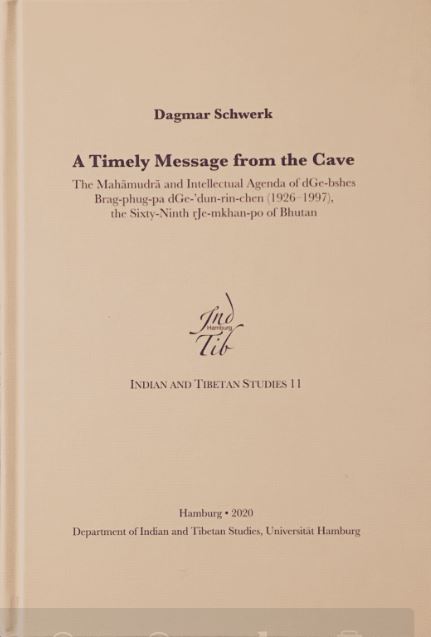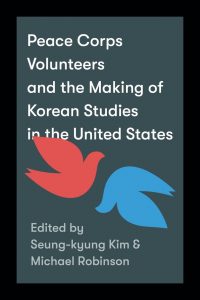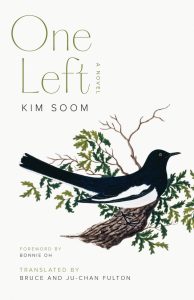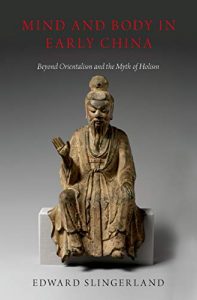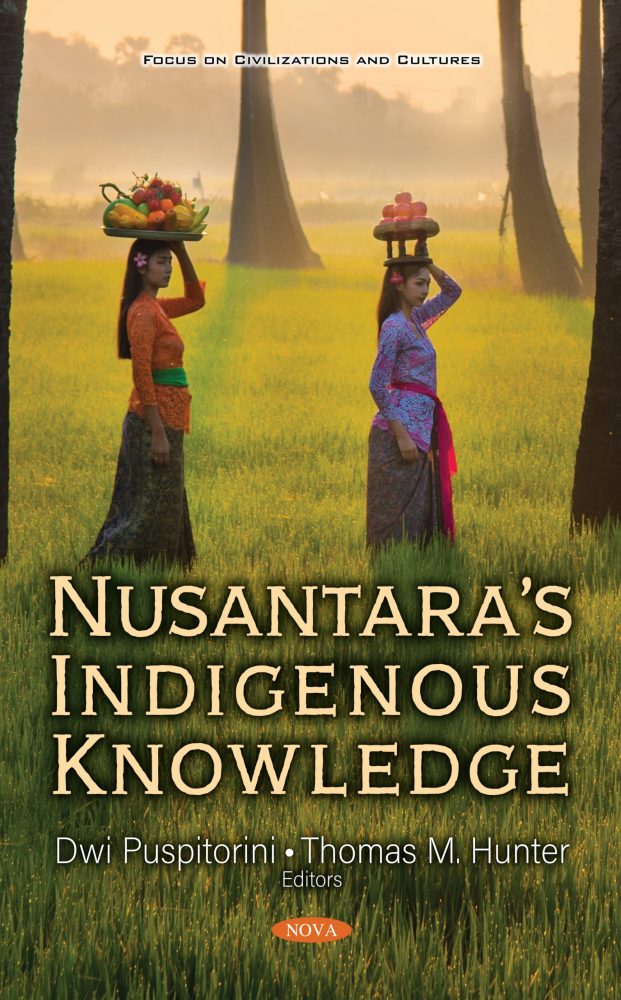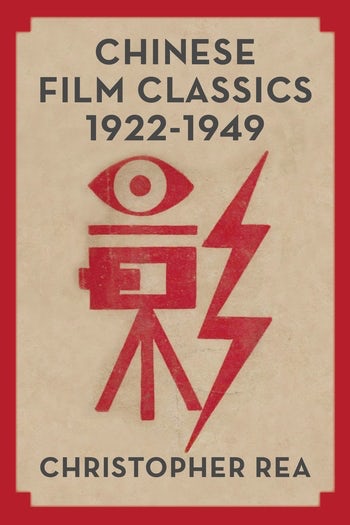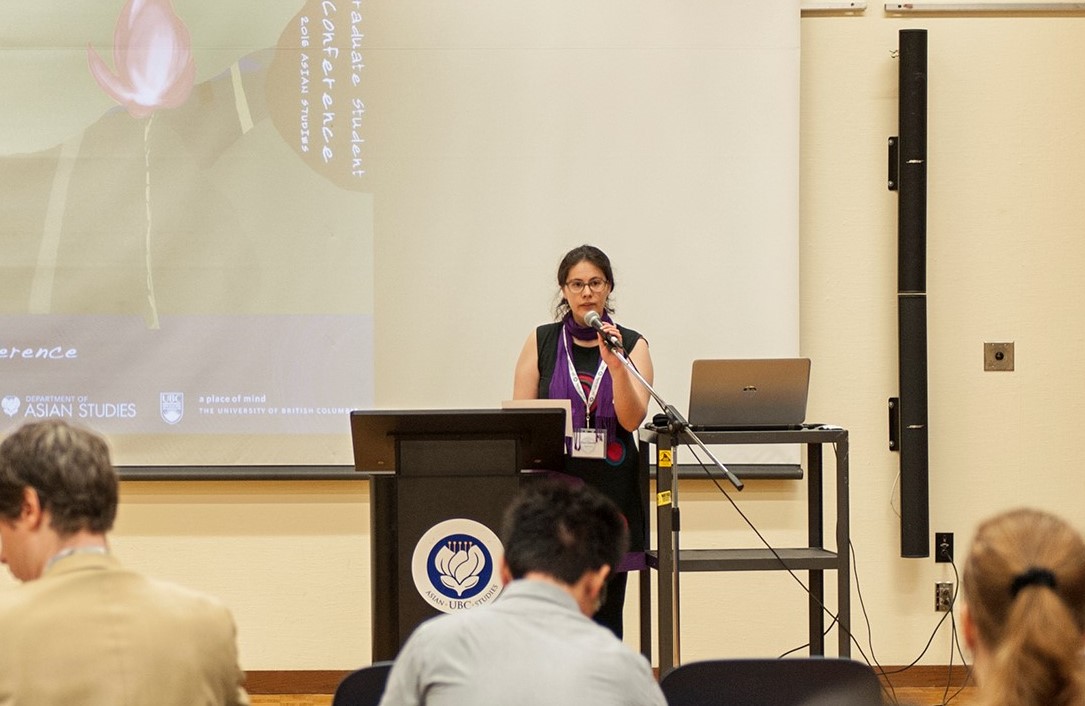
Department of Asian Studies
University of British Columbia
FREE and open to the public!
What is the Asian Studies Graduate Student Conference?
The Annual Asian Studies Graduate Student Conference is a day of presentations by graduate students from the Asian Studies department, featuring special guest presenters unique to each year. Participants in the conference will present their original research, engage in accompanying discussions on their papers or presentations, and enjoy refreshments while meeting and talking with scholars working in a wide variety of disciplines and regions.
Upcoming Event:
TBD
Past Event List
2025:
Saturday 8 March, 2025 (10:00 AM – 5:00 PM; Asian Centre Auditorium, 1871 West Mall, Vancouver, BC)
2024:
Sunday 3 March, 2024 (9:00 AM – 5:00 PM; Asian Centre Auditorium, 1871 West Mall, Vancouver, BC)
2023:
Saturday 4 March, 2023 (8:30 AM – 5:30 PM; Room 120 at C.K. Choi Building, 1855 West Mall, Vancouver, BC)
2023 Asian Studies Graduate Student Conference
2020:
Sunday 1 March, 2020 (9:00 AM – 5:30 PM; Asian Centre Auditorium, 1871 West Mall, Vancouver, BC)
2020 Asian Studies Graduate Student Conference
Keynote Speaker: Dr. Sunera Thobani
2019:
Saturday 9 March, 2019 (9:30 AM – 5:00 PM; Room 120, C.K. Choi Building, 1855 West Mall, Vancouver BC)
Asian Studies Graduate Conference 2019
2018:
Sunday 10 March, 2019 (10:00 AM – 3:30 PM; Asian Centre Auditorium, 1871 West Mall, Vancouver, BC)
2018 Graduate Student Conference
2017:
Saturday 11 March, 2017
2017 Graduate Student Conference
Panel discussions from Dr. Christina Yi, Dr. Bruce Rusk, Dr. Ross King, Dr. Jessica Main and Dr. Hyung-Gu Lynn from the Department of Asian Studies
2016:
Saturday 12 March, 2016
2016 Graduate Student Conference
Opening and closing talks from Dr. Ross King and Dr. Christopher Rea from the Department of Asian Studies
2015:
Saturday 11 April, 2015
2015 Graduate Student Conference
Opening and closing talks from Dr. Stefania Burk, Dr. Anne Murphy, and Dr. Ross King from the Department of Asian Studies
2014:
Saturday 5 April, 2014
2014 Graduate Student Conference
Keynote Speaker: Dr. Daisuke Miyao, Associate Professor of Japanese Film and Chair of the Department of East Asian Languages and Literature at the University of Oregon
2013:
Saturday 9 March, 2013
2013 Graduate Student Conference
Keynote Speaker: Dr. Rebecca Copeland, Professor and Chair of Department of Japanese Language and Literature at Washington University in St. Louis
2012:
Saturday 12 May, 2012
2012 Graduate Student Conference
Keynote Speaker: Dr. Melek Ortabasi, Director and Associate Professor of the World Literature program at Simon Fraser University
